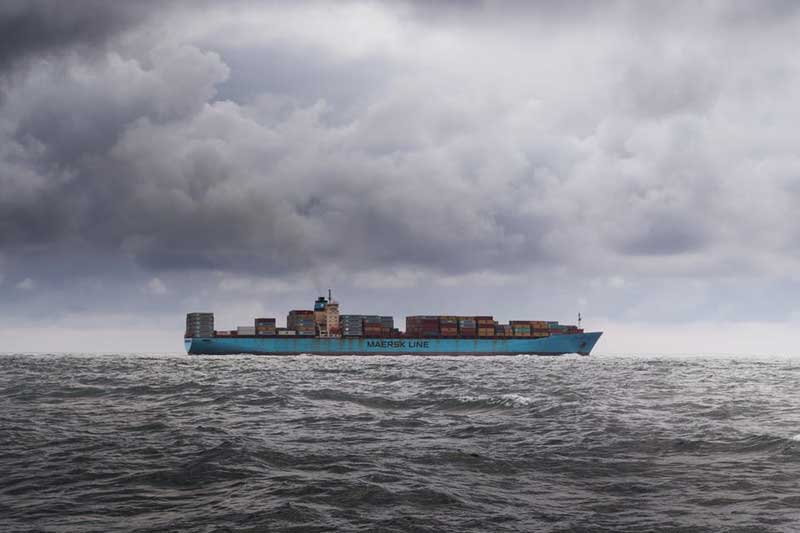
403
Sorry!!
Error! We're sorry, but the page you were looking for doesn't exist.
Insurance costs rise on Red Sea cargo after Houthi attack, oil spill
(MENAFN) Insurance premiums for ships navigating the Red Sea have nearly doubled following reports of an oil spill from a Greek-flagged tanker attacked by Yemen's Houthi group. The increase in costs reflects the heightened risk associated with the region, which has seen a surge in attacks by the Houthi group since November, involving drones and missiles targeting maritime vessels.
The incident last week saw the Greek-flagged oil tanker Sunion subjected to multiple missile strikes, leading to concerns about oil leakage. The US Department of Defense confirmed that the tanker was leaking oil and noted that attempts by a third party to deploy two tugs for rescue operations were thwarted by threats from the Houthis. The insurance industry sources, who requested anonymity, revealed that the risk premium for ships traveling through the Red Sea has climbed to 0.75 percent of the vessel's value from 0.4 percent prior to the attack. This is a significant increase, considering that the risk premium had previously peaked at 1 percent in February.
The recent surge in insurance costs could significantly raise the expenses of voyages through the Red Sea by hundreds of thousands of dollars. Despite this, insurance premiums for Chinese-owned ships have seen a reduction of up to 50 percent since February, likely due to their lower risk of being targeted. Some insurers are currently refraining from offering coverage for vessels operating in the area due to concerns over potential tanker sinkings.
The incident last week saw the Greek-flagged oil tanker Sunion subjected to multiple missile strikes, leading to concerns about oil leakage. The US Department of Defense confirmed that the tanker was leaking oil and noted that attempts by a third party to deploy two tugs for rescue operations were thwarted by threats from the Houthis. The insurance industry sources, who requested anonymity, revealed that the risk premium for ships traveling through the Red Sea has climbed to 0.75 percent of the vessel's value from 0.4 percent prior to the attack. This is a significant increase, considering that the risk premium had previously peaked at 1 percent in February.
The recent surge in insurance costs could significantly raise the expenses of voyages through the Red Sea by hundreds of thousands of dollars. Despite this, insurance premiums for Chinese-owned ships have seen a reduction of up to 50 percent since February, likely due to their lower risk of being targeted. Some insurers are currently refraining from offering coverage for vessels operating in the area due to concerns over potential tanker sinkings.

Legal Disclaimer:
MENAFN provides the
information “as is” without warranty of any kind. We do not accept
any responsibility or liability for the accuracy, content, images,
videos, licenses, completeness, legality, or reliability of the information
contained in this article. If you have any complaints or copyright
issues related to this article, kindly contact the provider above.
















Comments
No comment